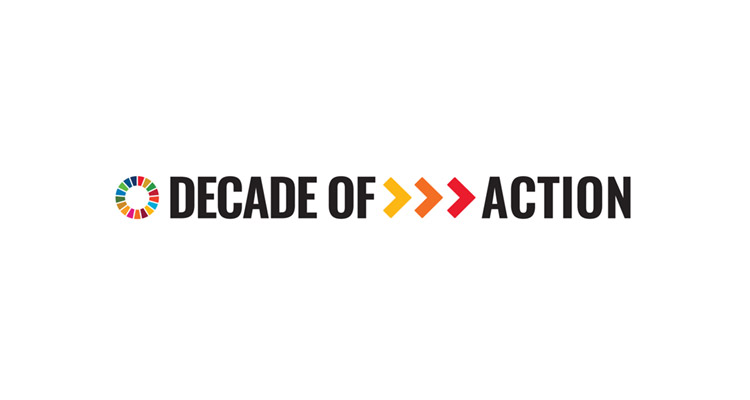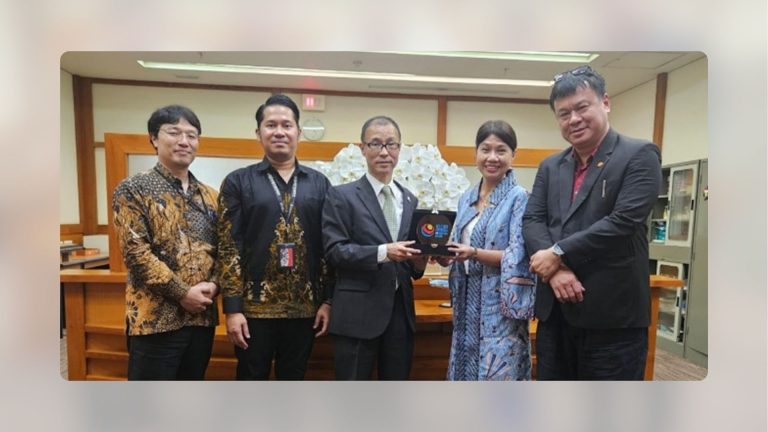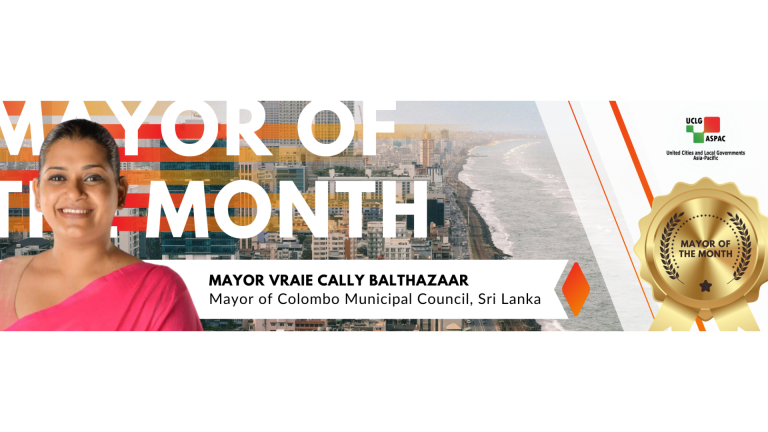With ten more years left for us to reach the targets set under the 2030 UN Development Agenda and the Sustainable Development Goals (SDGs), we would like to flash out the progress made in Asia and the Pacific region so far, and share the UN’s recently launched campaign called “Decade of Action” to reinvigorate our work towards SDGs including at the local level. In line with this campaign, we are also presenting some relevant initiatives conducted by cities that UCLG ASPAC has been working with under LOCALISE SDGs project in Indonesia.
According to the United Nations Economic and Social Commission for Asia and the Pacific (UN ESCAP), the Asia-Pacific region still has a long way to go in order to reach the SDGs in various areas. The assessment presented in the SDGs Progress report 2019 noted a positive development on Goal 4 (Quality Education). However, when it comes to achievements of all 10 specific targets, the region needs to speed up its work if it were to reach the milestones in 2030. Other areas that need major improvement, and have been considered as stagnant and deteriorated goals, are related to Goal 6: Clean Water and Sanitation; Goal 8: Decent Work and Sanitation and Goal 12: Responsible Consumption and Production. Furthermore, Goal 17: Partnerships for SDGs also need to be strengthened, considering the level of resource mobilisation and capacity-building, as well as its importance to the achievements of other goals. Lack of data has been identified has one of the biggest challenges for the region.
In light of this situation, not only in Asia and the Pacific and many other parts around the world, during the UN General Assembly 2019 UN Secretary General Mr. Antonio Guterres called on all stakeholders to be part of the Decade of Actions. The campaign aims to reinvigorate the global efforts to implement sustainable solutions to the world’s biggest challenges, from poverty and gender to climate change, inequality and closing the finance gap.[1] The campaign’s actions are conducted on three levels:
(1) people action to generate an unstoppable movement pushing for the required transformation, including action by youth, civil society, the media, the private sectors, union, academia, and other stakeholders;
(2) local action to add the needed transition for accelerating SDGs attainment in policies, budget, institutions and regulatory frameworks of government, cities and local authorities; and
(3) global action for securing greater leadership, and finding more resources and smarter solutions for the sustainable development goals. [2]
Joining the spirit of this campaign, UCLG ASPAC would like to share some of the relevant initiatives conducted by our partner cities and local governments in Indonesia, in order to accelerate the SDGs progress. As the biggest regional section, UCLG ASPAC has been working with various stakeholders in realise the SDGs achievements on the ground as local governments and cities are the key drivers of the SDGs localisation process. Our efforts include a LOCALISE SDGs programme, jointly implemented with the Indonesia Municipalities Association (APEKSI), with financial support from the European Union (EU). We have fostered partnerships with 16 provinces and 14 cities in Indonesia to strengthen the capacity of local governments in mainstreaming SDGs through their policies, planning, and enhanced institutional and operational capacities of local government.
Through various training and capacity building activities, LOCALISE SDGs programme has recorded our partners’ activities relevant to the Decade of Action. These include Jakarta’s initiative to tackle growing poverty; Bandar Lampung’s programme to promote women empowerment and children protection and Malang’s response to climate change.
In the case of Jakarta, the city has developed a pilot project on poverty eradication in Kalibaru, an area with the highest poverty rate in South Jakarta. During project launch in early December 2019, Governor Anies Baswedan, said that the project will collaborate with civil society organisation, private sector, academic sector as well as local government and local community from planning to execution stage.[3]
Bandar Lampung has launched an initiative on women empowerment and girl protection at village level. The implementaton is led by a local community forum called Forkomwil PUSPA Lampung (Forum Komunikasi Wilayah Partisipasi Publik Untuk Pemberdayaan Perempuan dan Anak Lampung). Since 2018, they have conducted promotion on early detection of cervical cancer and training on how to generate additional income from making home-made consumption products. Academician from Lampung University on 2017 has also led an initiative focusing on children by setting up community-based children protection and voicing the need of children through children-friendly school and village programme.[4]
In the area of environmental protection, Malang City has been cooperating with UCLG ASPAC and other partners to address climate change under the International Urban Cooperation Programme in Asia (IUC), funded by the EU. Technical assistance has been provided to support Malang City’s development of climate actions and the city’s efforts to transform their organic waste into compost and biogas.
These three initiatives from Indonesia has impacted the surrounding community and contributed to their effort towards the achievement of Goal 1, Goal 5, and Goal 13. They have showed that action to accelerate SDGs is feasible and doable. Besides, we don’t leave anyone behind.
More info about Decade of Action, please access https://www.un.org/sustainabledevelopment/development-agenda/
Official Logo of Decade of Action. Source: https://www.un.org/sustainabledevelopment/decade-of-action/
[1] https://www.un.org/sustainabledevelopment/decade-of-action/
[2] Ibid
[3] https://www.beritasatu.com/megapolitan/590291/kelurahan-kalibaru-jadi-proyek-percontohan-pengentasan-kemiskinan
[4] Presentation from Lampung University on Province Lampung Local Training, LOCALISE SDGs, 10 September 2019











